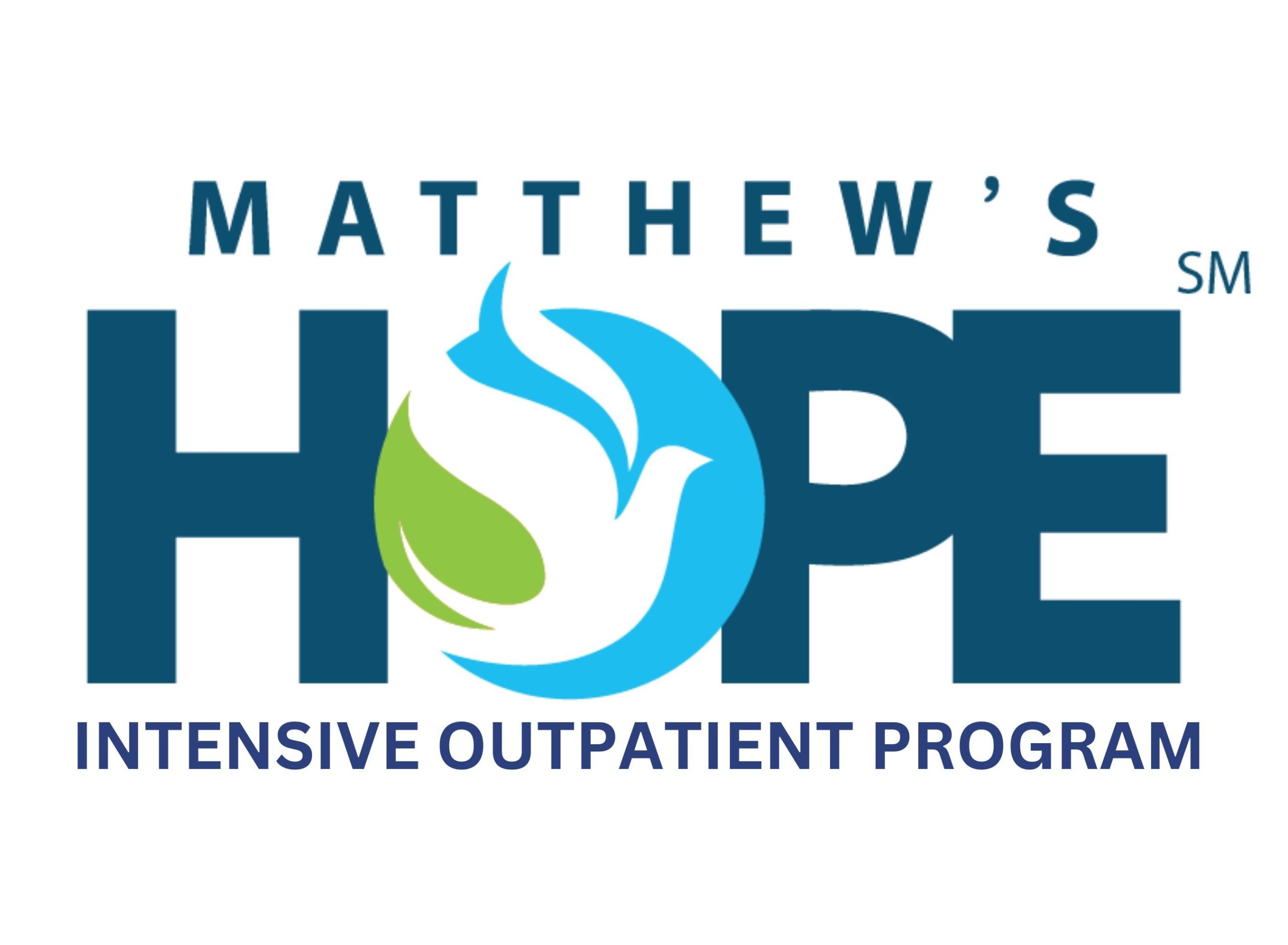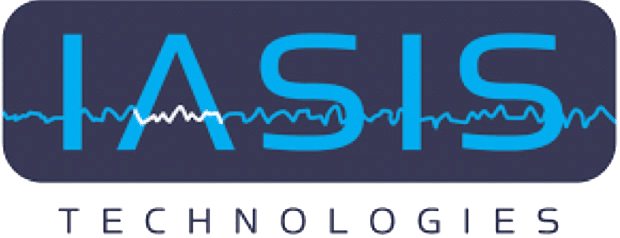The Journey to Healing and Recovery
At MHF IOP, we take a holistic and multifaceted approach to treating substance use disorder. Understanding that recovery is not one-size-fits-all, we offer a range of pathways to healing, tailored to the unique needs of each individual. Whether through traditional 12-step methods, holistic therapies, spiritual practices, or evidence-based interventions, our goal is to empower clients with the tools and support they need to reclaim their lives and build a lasting recovery.
In addition to these approaches, we recognize the crucial role that brain health plays in the recovery process. Substance abuse can cause significant damage to neuro-pathways, hindering healing and long-term success. To address this, we utilize IASIS MCN, a cutting-edge neurotherapy designed to help rewire the brain. This powerful tool helps restore and rejuvenate brain function, repairing the damage caused by addiction and supporting the journey to recovery.
By combining these diverse approaches with neuro-based therapies, we provide a comprehensive, individualized treatment plan that nurtures both the mind and body, helping clients achieve a deeper and more sustainable recovery.
What truly sets MHF IOP apart is our commitment to long-term recovery. We offer a unique, free 2-year recovery support program to clients who have successfully completed our IOP program. At MHF IOP, we believe that recovery doesn’t end with program completion. Our services remain available to you and your family, providing continued guidance and support as you navigate life beyond treatment. Your journey with us is just the beginning, and we’re here to walk with you every step of the way.

Care Model
Other
Care Models
Learn More About Our Treatment Program
Matthew’s Hope Foundation Intensive Outpatient Program (MHF IOP) utilizes the Hazelden Living in Balance curriculum, which is a research-based, practical, and user-friendly substance use disorder treatment approach. This curriculum helps clients address lifestyle areas that may have been neglected during addiction and supports long-term recovery.
Living in Balance operates on the understanding that addiction is a chronic, progressive, and relapsing condition characterized by compulsion, loss of control, continued use despite negative consequences, and relapse. The program highlights the biopsychosocial nature of addiction—recognizing that biological, psychological, and social factors all influence the emergence, maintenance, and course of addiction, while addiction itself deeply affects individuals in these same areas.
The curriculum is comprehensive and offers essential treatment education suitable for all substances of abuse. Drawing from cognitive-behavioral, experiential, and Twelve Step approaches, MHF IOP helps clients build the skills necessary for lifelong recovery. The sessions can be easily customized to meet the needs of individual clients or treatment tracks.
In the early stages of the program, MHF IOP focuses on addressing key life issues that form the foundation for a successful recovery. The first 24 core sessions cover topics such as Planning for Sobriety, Alcohol and Drug Education, Spirituality, and Stress Reduction, among others, helping clients develop critical tools for sustained recovery.
The Matthew’s Hope Recovery Support Team (RST) consists of three professionals who provide ongoing support and accountability for up to 24 months after clients complete the IOP program. We believe this program is essential for helping clients regain control of their lives and strengthen relationships with family and loved ones.
The RST equips clients with the tools needed to maintain sobriety and progress in their recovery after treatment. Our team offers personalized case management through face-to-face or virtual consultations, ensuring clients stay engaged in recovery services and remain accountable.
Each participant receives a Continuing Care Plan, which includes counseling, community support, IASIS Neurofeedback therapy, and spiritual guidance to encourage faith-based sobriety. The RST also provides support for physical and nutritional health, financial stability, vocational growth, and referrals for additional medical or mental health services as needed.
MCN: Micro Current Neurofeedback is designed to help the brain rebalance and reorganize itself. IASIS utilizes small sensors that detect and monitor brainwaves, sending the resulting electronic signals to a computer and EEG processor. The computer returns a tiny signal that is virtually a mirror image of the brain’s own waves. The microcurrent produces a fluctuation in the brain waves that allow the gentle, effortless release of fixed, frozen patterns.
The Micro Current Neurofeedback treatment is like rebooting a computer. The body responds by laying down new neural pathways, increasing neuroplasticity. It literally allows the brain and nervous system’s chemical imbalances to self-regulate.
The nervous system recalibrates and stabilizes, giving the individual the actual physical tools to be more resilient, responsive, and grounded. After successful treatment, prescription drugs can often be reduced or discontinued, with the approval of a physician. This is an instrumental approach to support the healing process.
Unlike traditional neurofeedback, Micro Current Neurofeedback produces fast results in a limited number of sessions, and the ease and simplicity of treatment all distinguish it from traditional neurofeedback. Micro Current Neurofeedback produces a measurable change in the brainwaves without conscious effort from the individual receiving the feedback. The result is a changed brainwave state and much greater ability for the brain and nervous system to regulate itself.
Our experience shows that more than 85% of our clients observe a noticeable positive response in one to three sessions. Reported changes are generally enduring and sustainable. Micro Current Neurofeedback (MCN), is very effective in many areas, including: Anxiety, Depression, TBI, PTSD, ADD/ADHD and Substance Use Disorder.
The importance of balancing and enhancing brain activity, stimulating endorphin production, and stabilizing brain chemistry are two serious factors so often overlooked in both detox and treatment programs. At MHF IOP we realize their importance and utilize our incredibly talented medical and clinical staff to institute treatment to address these issues. We utilize IASIS Technology which is very safe microcurrent neuro feedback in order to improve cognitive function, stimulate natural endorphin production, decrease and even eliminate anxiety, and depression, and improve deep sleep and natural healing. We also will incorporate other proven modalities like Bio sound technology and Infusion therapy when deemed appropriate and helpful to complete the essential healing of the brain and its chemistry.
At MHF IOP, while receiving these evidenced based treatments, our clients become more “in tune” to cognitively engage in psychological therapies such as one on one counseling and group counseling where clients in other programs are still struggling with withdrawal and clarity.
By the time our clients are released to another continuum of care and the activities of daily living, their healing process is far more advanced than others struggling with addiction in most cookie cutter programs that have low success and high relapse rates. Our clients will also SEE the proof of improvement through the use of “Brain Gauge” technology and they will feel the positive difference in their mental and physical activities.
Are You Ready to Take the First Step?
Complete healing and recovery are possible. We’re here to help you on the road to freedom and recovery with our one-of-a-kind IOP program.
Call
Or Contact Us >




